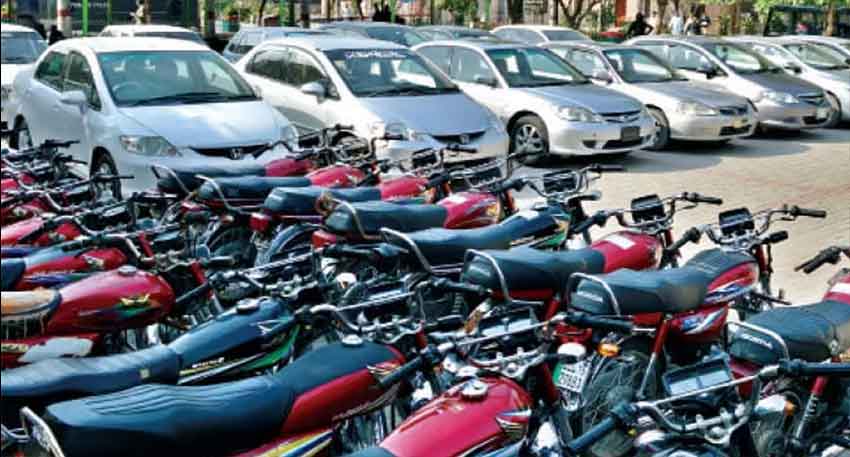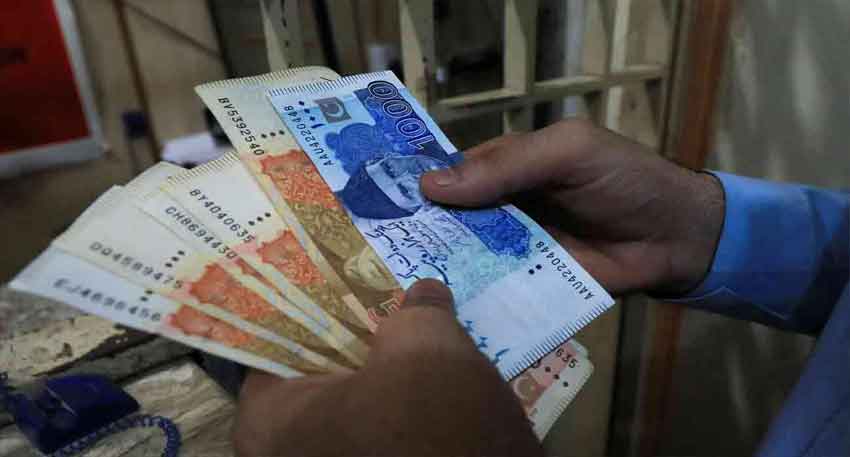
In a move likely to affect both car buyers and the auto industry, the Excise, Taxation and Narcotics Control Department has proposed significant increases in registration fees. These proposals have been sent to the Punjab government and are expected to be included in the 2024–25 budget.
According to sources, if the proposals are approved:
The registration fee for cars up to 1000cc will rise from Rs1,200 to Rs5,000.
Also read: How will Pakistan oversee crypto ecosystem and digital finance? Here’s the solution
For vehicles between 1000cc and 1800cc, the fee may jump from Rs2,000 to Rs11,000.
For large vehicles above 1800cc, registration charges could skyrocket from Rs3,000 to Rs22,000.
The proposed changes do not stop there. Heavy Transport Vehicles (HTVs) are also set to face higher charges, with their registration fee potentially increasing from Rs4,000 to Rs11,000.
The government justifies these steep hikes by saying they aim to boost provincial revenue and make the registration process more transparent and efficient. However, the public isn’t convinced.
Car buyers and transporters have voiced serious concerns, warning that the new rates will put extra financial burden on ordinary citizens. Many are demanding that the government reconsider the proposal before finalizing the budget.
Experts also warn that such increases could hurt Pakistan’s struggling auto industry, which is already facing low sales and rising manufacturing costs. With cars becoming more expensive due to inflation and taxes, additional fees may further reduce demand.
The proposed hike in registration fees reflects the government’s attempt to widen its revenue base, but it comes at a time when inflation is already squeezing the public. While transparency and better revenue collection are valid goals, sudden fee increases could discourage car ownership and burden working-class families. The timing and scale of the increase could also damage the already fragile auto market. Public feedback and careful policy balancing will be crucial in the final budget decision.




